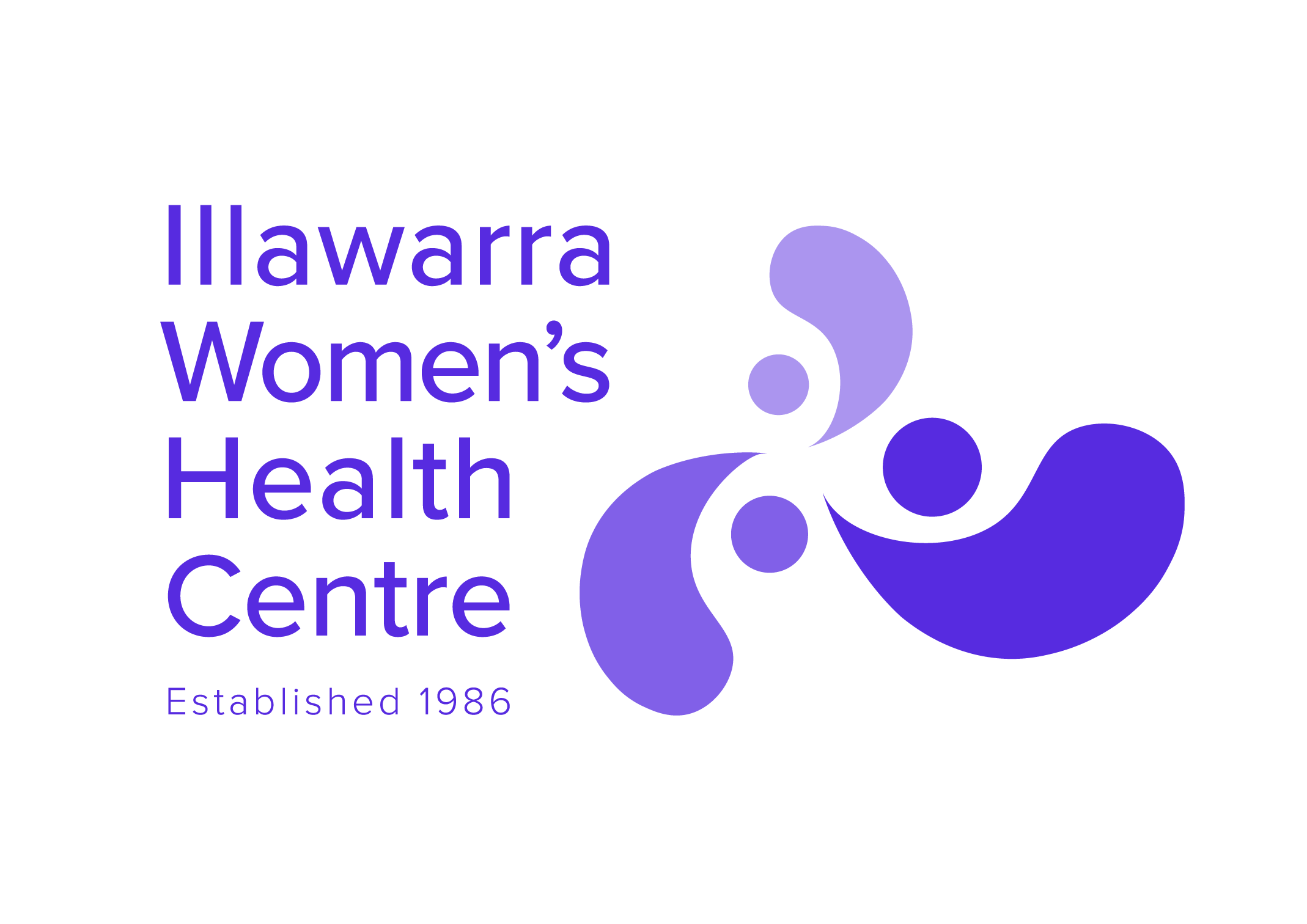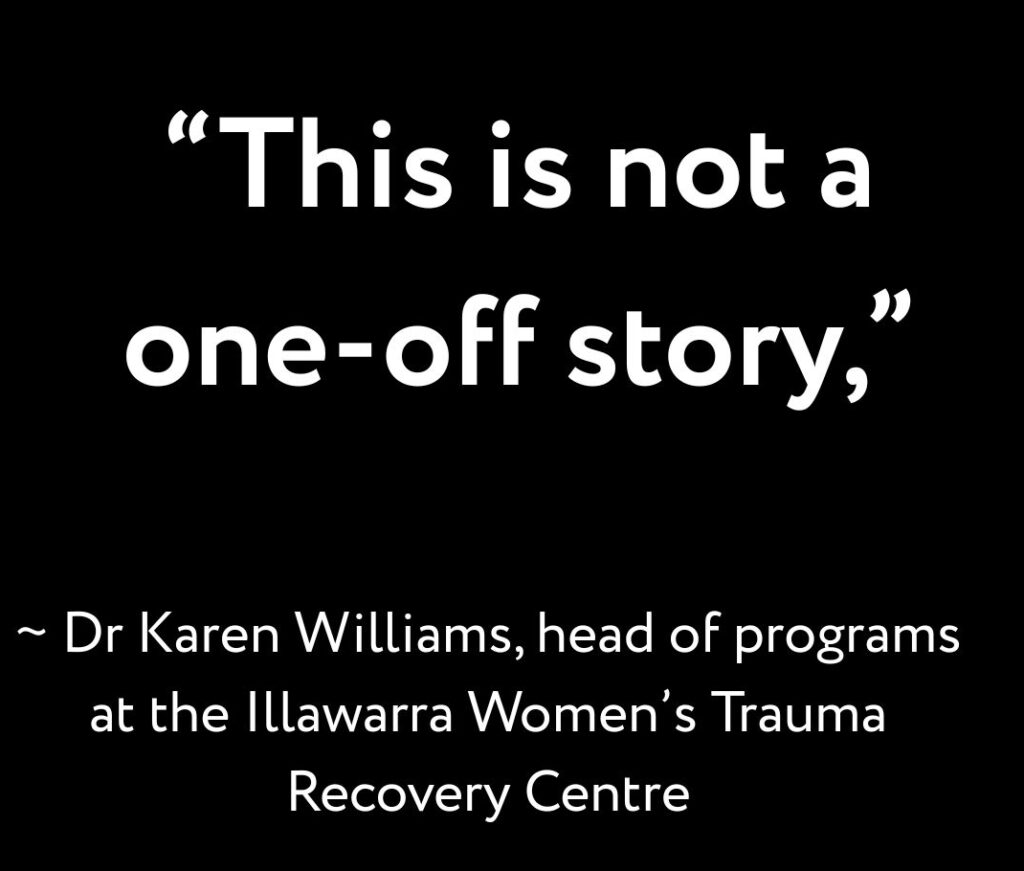A recent Sydney Morning Herald investigation has revealed disturbing patterns of medical misogyny, highlighting how Australian women continue to be disbelieved, misdiagnosed, and forcibly detained in psychiatric wards – often with devastating consequences.
In one case, a NSW woman who reported to police that she was being watched and could hear someone on her roof was involuntarily admitted to a mental health facility – only for food and cameras later discovered in her ceiling.
Dr Karen Williams, head of programs at the Illawarra Women’s Health Centre’s major project the Illawarra Women’s Trauma Recovery Centre, expressed deep concern about the broader systemic issue.
“This is not a one-off story,” said Dr Williams.
The article exposes a pattern where women suffering from undiagnosed physical conditions or trauma are frequently mislabelled as mentally ill, particularly in cases involving family violence.
“There are no dedicated pathways … to help a doctor who may even suspect abuse, to refer her safely to someone who may be able to ask the right questions,” Dr Williams said.
“This means that the medical system not just ignores abuse but colludes with the abuser, not just in allowing the abuse to go on undetected, but then also adding weight to his accusations that she is ‘crazy’ and ‘needs to take her meds’.”
The piece further describes women with physical illnesses such as multiple sclerosis, epilepsy, and dystonia being misdiagnosed with psychiatric disorders and medicated inappropriately.
“She went six or seven months being told it was in her head and put on all these medications that she ended up getting addicted to,” Williams said of one woman who was later found to be having epileptic seizures.
Dr Williams also highlighted how current conditions in hospitals – including under-staffing, short consultation times, and limited training – create an environment where trauma and domestic violence histories are routinely missed.
“They’re literally just in crisis trying to manage all of these people by themselves, with skeleton staff,” she said. “So you can imagine that if you’ve got a full emergency room and you’re busy trying to see everyone at two o’clock in the morning, you’re not going to get the [full] story from a distressed woman.”
You can read the full article here.


